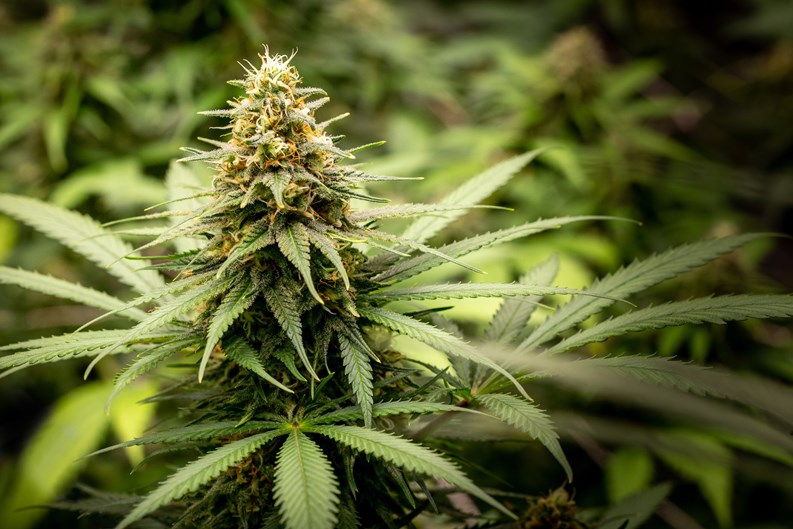Enacted in March of 2021, New York’s Marijuana Regulation & Taxation Act (MRTA), contemplated allowing home cultivation of cannabis as part of its purview. However, the practice was not to take effect until 18 months after the first recreational use retail sale in New York, which occurred in December 2022.
Which brings us to this past June. On June 11, 2024, the state’s Cannabis Control Board adopted new rules enacted as Part 115 of Chapter II of Subtitle B of Title 9 of the New York Codes, Rules, and Regulations (NYCRR). These rules clarify already existing rules and regulations governing the cultivation and distribution of cannabis. The rules are many and varied.
The Devil is in the Details
In addition to single-family homeowners, these rules apply to shareholders, owners, tenants, and residents of co-op and condominium apartments as well – so even if you don’t have aspirations of growing weed in your apartment, it pays to be familiar with them.
“Boards need to understand the restrictions that exist under the new rules,” says Adam Lindenbaum, a member attorney with Rosenberg and Estis, a law firm located in Manhattan. “Those restrictions include: (a) only a person over age 21 is permitted to engage in cultivation: (b) cultivation within a private residence is acceptable; (c) cultivation in building common areas or other areas not secured from access to minors is not acceptable; (d) maximum amounts allowed – (i) by number of plants – three mature (flowering) and three immature (non-flowering plants) and (ii) by weight – not more than five pounds of cultivated flowers or the concentrated equivalent; (e) sales of home-grown cannabis are expressly prohibited, but exchange without compensation is permitted; (f) nuisance conduct is prohibited, such as creating noxious odors or smoke, mixing with flammable substances and/or not taking ordinary care that a reasonable person might take.”
What Does this Mean for Co-op & Condo Communities?
The takeaway for shared interest communities is pretty simple: A co-op or condo cannot prohibit cultivation of cannabis on the premises. Nor can they enact a rule or amend their bylaws to do so.
Lindenbaum explains. “This now-lawful activity cannot be prohibited on a wholesale basis. But there are two noted exceptions: First, if a dwelling were to enact a smoke-free policy in accordance with local law or otherwise, that smoke-free policy would be respected, and no cultivated cannabis could be smoked on the premises. The law treats smoke created from cannabis no different than any other smoke. Second, if a landlord were to risk losing monetary or other licensing benefits under federal law based upon the current designation of cannabis under the Federal Controlled Substances Act, then growth can be prohibited.”
Enforcement & Local Opt-outs
The enforcement division of the Office of Cannabis Management is tasked with enforcement of the new rules. But, the Cannabis Control Board (CCB) rules allow for municipalities to adopt local rules placing modifications to the CCB rules, without permitting a wholesale restriction on them. “It will be interesting to see how the NYC Council may respond, if at all, with restrictions that might clarify the application of the rules to multiple dwellings,” says Lindenbaum.
The most important fact for co-op and condo boards to understand now is that home growth of cannabis for adult use is now legal – so spotting some telltale leaves through a neighbor’s window is not grounds for a sternly-worded email to the board or management, and definitely not grounds for calling in law enforcement. This may come as a surprise to many board members and building residents who grew up with pot being considered on par with harder drugs like cocaine or heroin, and who may be unaware of this development in the law. Regardless, it’s the new normal.
H/T: cooperatornews.com



